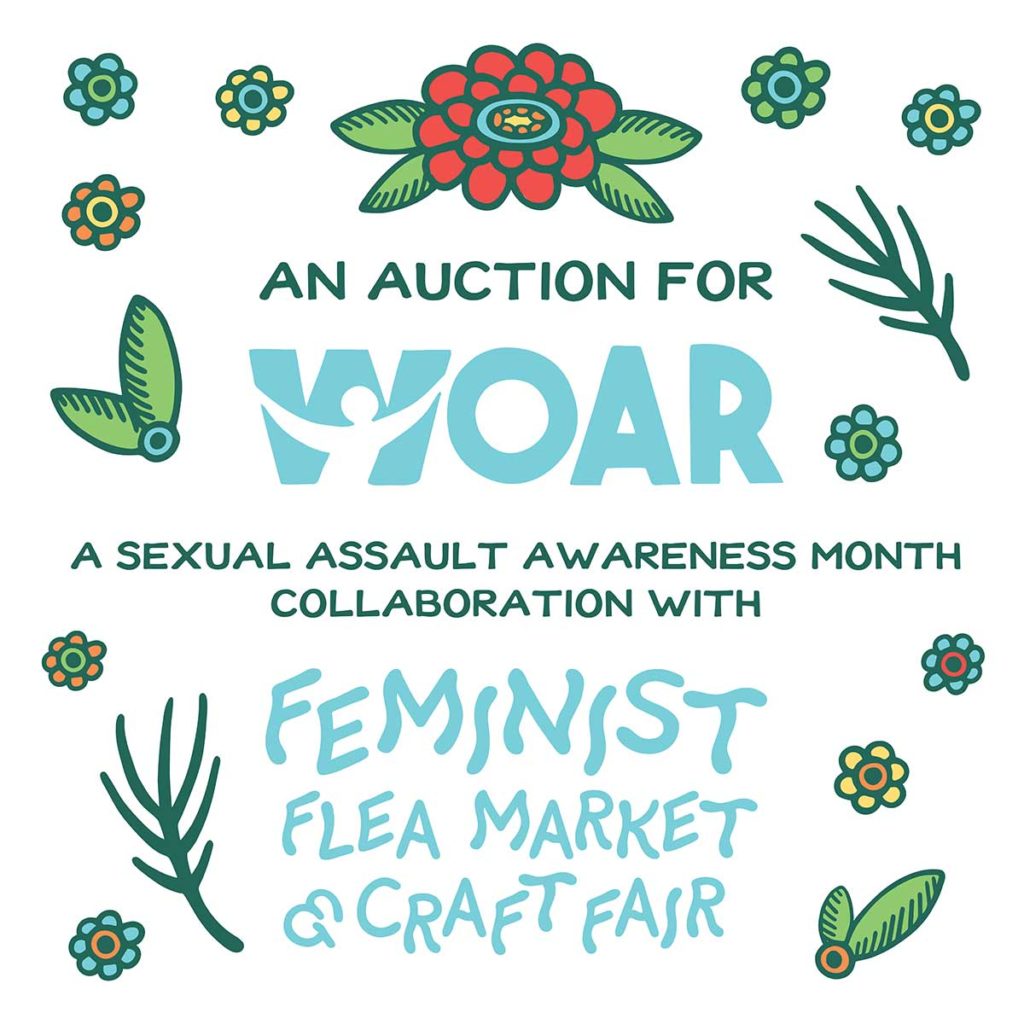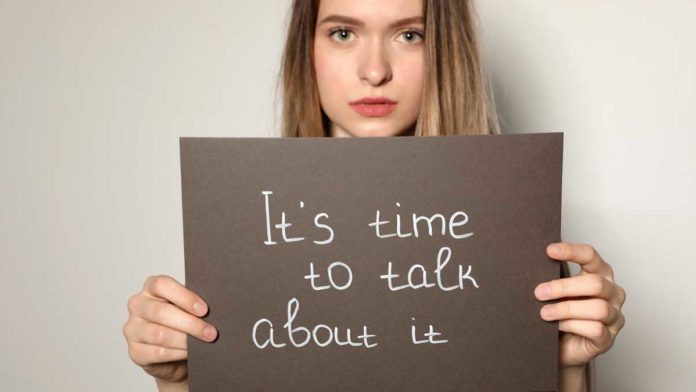National Sexual Assault Awareness Month (SAAM) is coming to an end, yet WOAR — the Philadelphia Center Against Sexual Assault — continues the fight to end sexual violence. WOAR offers free programming and advocacy to sexual assault survivors as well as educational programs designed to inform the public. WOAR’s services remain ongoing and donations are needed to keep services running in the midst of COVID-19 closures.
WOAR notes on their website that LGBTQ people “experience sexual violence at alarmingly high rates.” The Center for Disease Control’s National Intimate Partner and Sexual Violence Survey reported that in their lifetime 61% of bisexual women and 44% of lesbians experience sexual assault as compared to 34% of heterosexual women, while 37% of bisexual men and 26% of gay men experience sexual assault as compared to 29% of straight men. Additionally, the 2015 U.S. Transgender Survey found that in their lifetime, 47% of transgender people experience sexual assault.
Gillian Branstetter, who previously worked for the National Center for Transgender Equality and now is with the Women’s Law Center, confirmed that “trans people are more likely to face sexual assault.” Many of the driving factors for sexual assault, said Branstetter, are pre-existing conditions such as “poverty, sexual violence, a lack of healthcare, and a lack of housing. These are all factors that trans people face in multitude.”
Because LGBTQ people, especially bisexual women and trans people, disproportionately experience sexual assault, WOAR issued a statement on how sexual assault particularly impacts these survivors, pointing out that public education outreaches are heteronormative, focusing on “non-trans male perpetrators and straight non-trans female survivors.” Because of this, LGBTQ survivors might have more difficulty in distinguishing an incident as rape which can lead to “feelings of confusion or invisibility.”
In addition to “humiliation and blame,” WOAR also notes that many LGBTQ survivors have to deal with “internalized and externalized homophobia, biphobia, or transphobia.” Because of this, “survivors may internalize some myths or stereotypes as a result of the sexual assault” and are less likely to tell family or friends or report an assault to a therapist or the police.
Additionally, WOAR explains, the LGBTQ community once represented a “safe haven” and oftentimes a sexual assault may feel like a betrayal of not only their safety but of their very identity.

Because WOAR believes it is imperative for its services to remain free to those who seek them, the organization is asking for donations in this time of struggle. To help fuel the important work of sexual assault prevention, the Feminist Flea Market & Craft Fair — which centers women, nonbinary and gender-nonconforming folks, and LGBTQ people — has organized to raise money for WOAR in honor of SAAM.
On Thursday, April 30, from 8 a.m. to 11 p.m., the Feminist Flea Market & Craft Fair will work with over 120 artists and craftspeople to hold an online auction on Instagram (@feminist_flea). Items for auction include everything from sustainably sourced clothing, original jewelry pieces, hand-dipped candles and tea blends to works of fine art and tarot readings. All vendors are donating their wares and 100% of the proceeds will go to WOAR. The Feminist Flea Market & Craft Fair is also offering a limited edition SAAM T-shirt designed by fellow Philadelphian, Nicole Saltzer. All proceeds from T-shirt sales will go to WOAR as well.
To donate to WOAR directly, visit https://www.woar.org/donate/.

